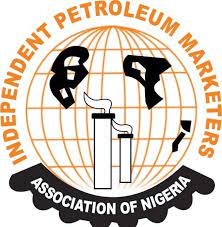The Independent Petroleum Marketers Association of Nigeria (lPMAN) says incessant increase in tariff of petroleum products by the Nigerian Midstream and Downstream Petroleum Regulatory(NMDPRA) might adversely hinder the success of oil subsidy removal.
Alhaji Debo Ahmed, National President, IPMAN made the observation in a statement he issued to newsmen on Tuesday in Lagos.
Ahmed said the increase could also adversely affect the overall business environment of the downstream sector.
He said arbitrary and excessive nature of the increment not only discourage potential investors, but create barriers for fresh investors to enter and place burden on existing businesses.
According to him, the resultant cost is transferred to the consumers and the general public.
“Those that are already in the business will pass the burden to the consuming public and definitely this affects the cost of products.
Ahmed noted that the recent spike in diesel pricing and the mounting unpaid bills emanating from the old Petroleum Equalisation Funds demonstrate the tangible impact on stakeholders in the downstream sector.
“When internal economic activities boom, it generates employment and spurs up the value of the local currency,” Ahmed added.
“IPMAN, as an association, will advise the authorities to critically look into the tariff increase, which will not help the oil subsidy removal.
He cited an example that calibration per tank, which hitherto charged N20,000 per tank, had been increased to N150,000 per tank, representing 650 per cent.
He said that the pressure testing, which cost N20 000 per tank, had also increased to N150,000 per tank, respectively.
According to him, renewing a license for an existing station could amount to over N2 million, while new stations might face expenses exceeding N4 million.
Ahmed expressed concerns about a new five per cent tax on the sales or acquisition of a filling station, which he believed could discourage sales, mergers, and acquisitions within the industry.
He explained that these tariff increases were counter productive to the goal of deregulation, intended to attract more investors, open the market, ensure product availability, and offer consumers choices. (NAN)



